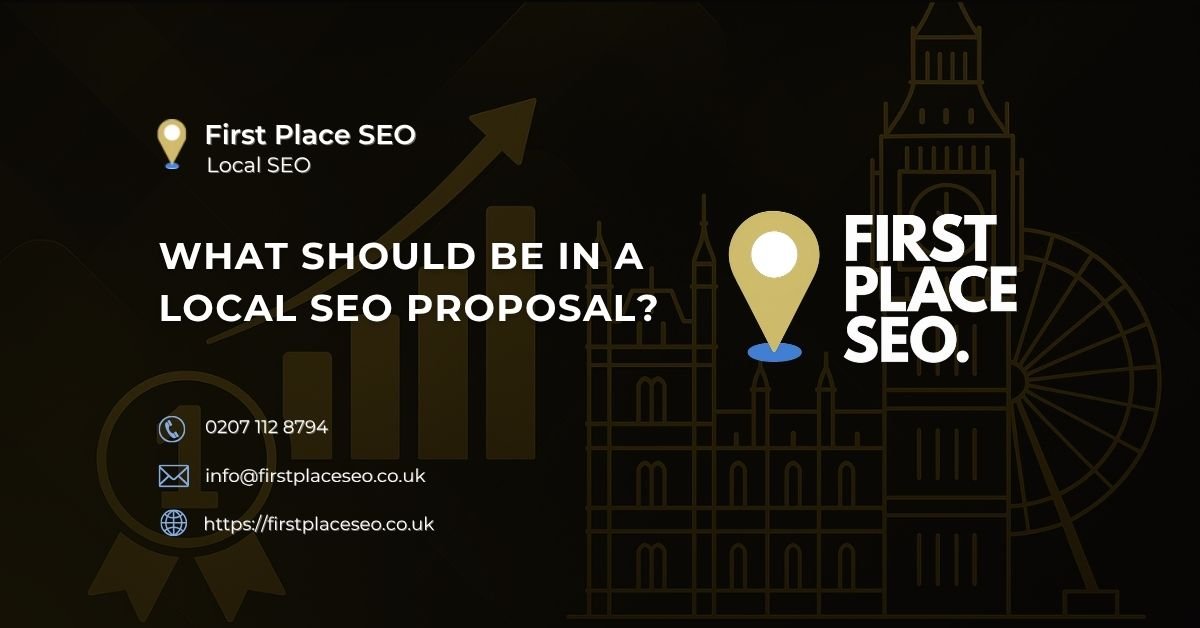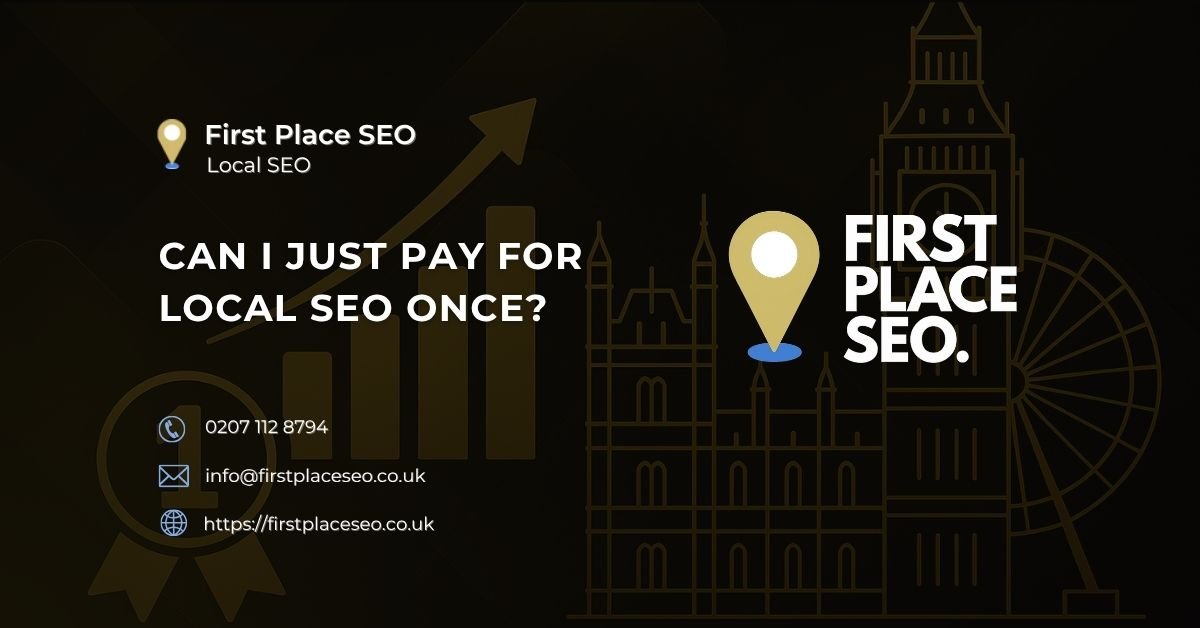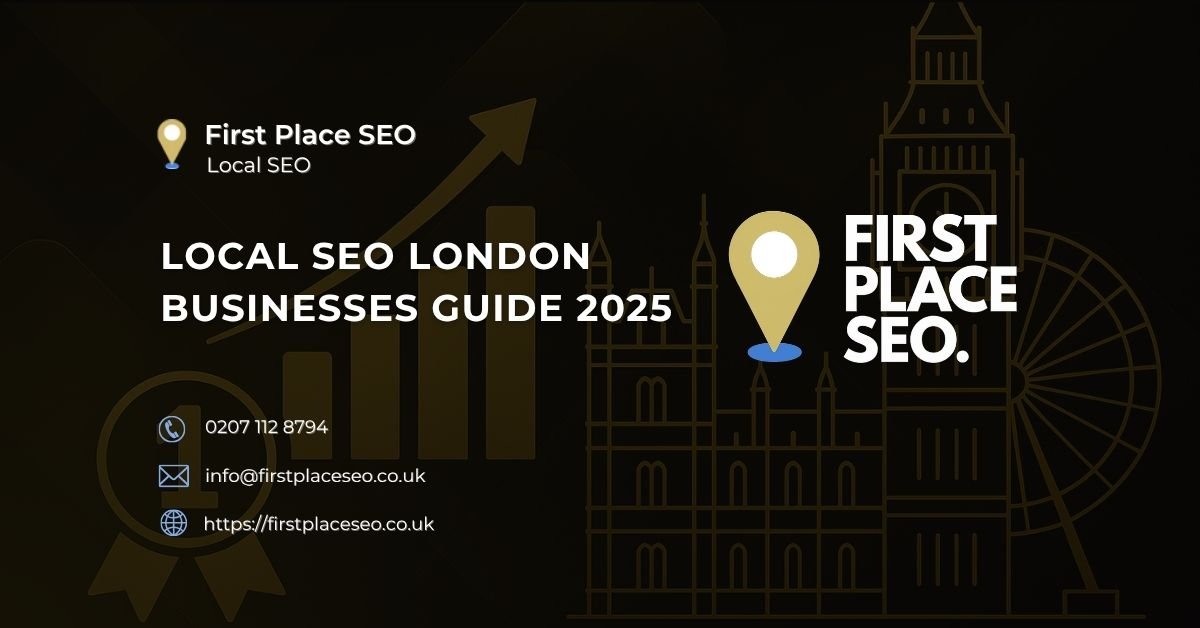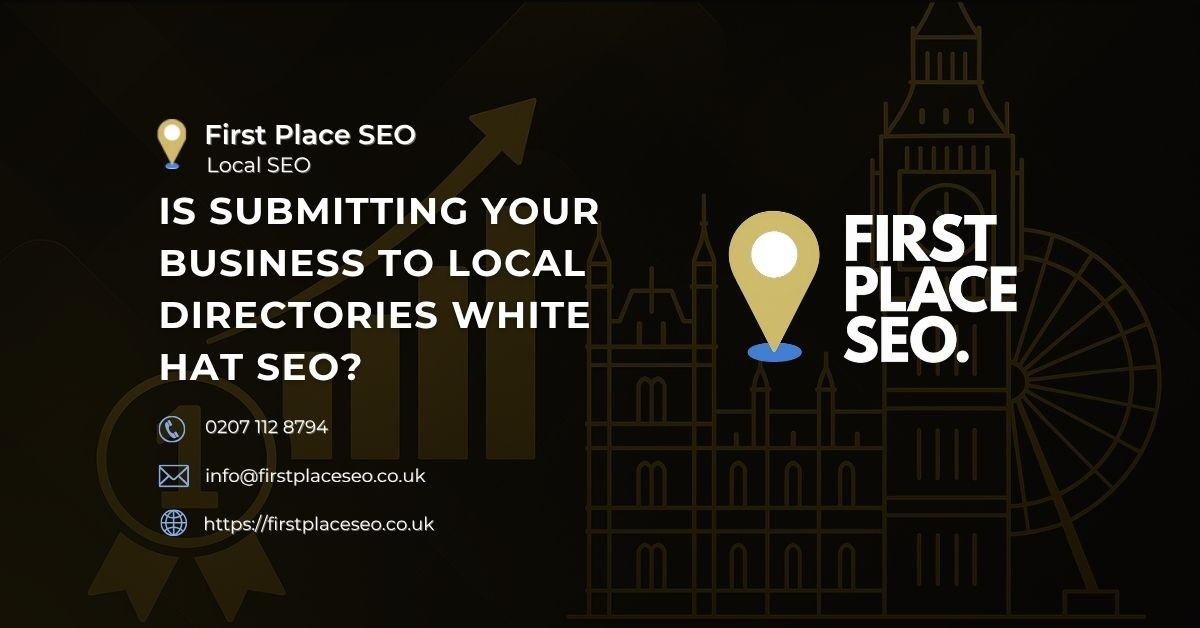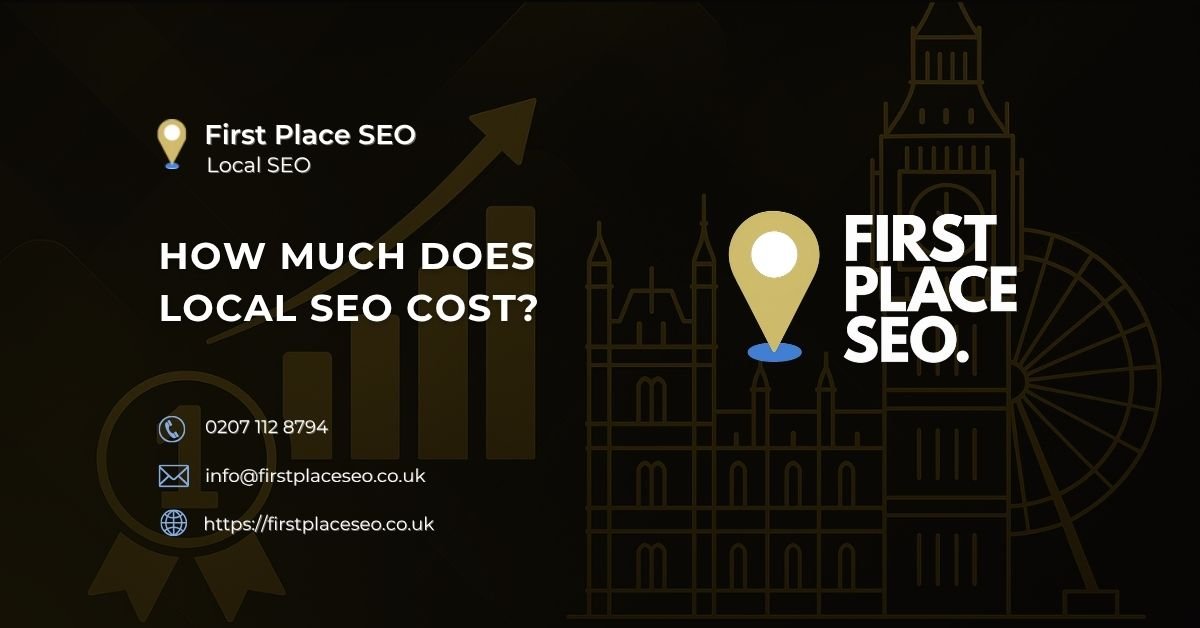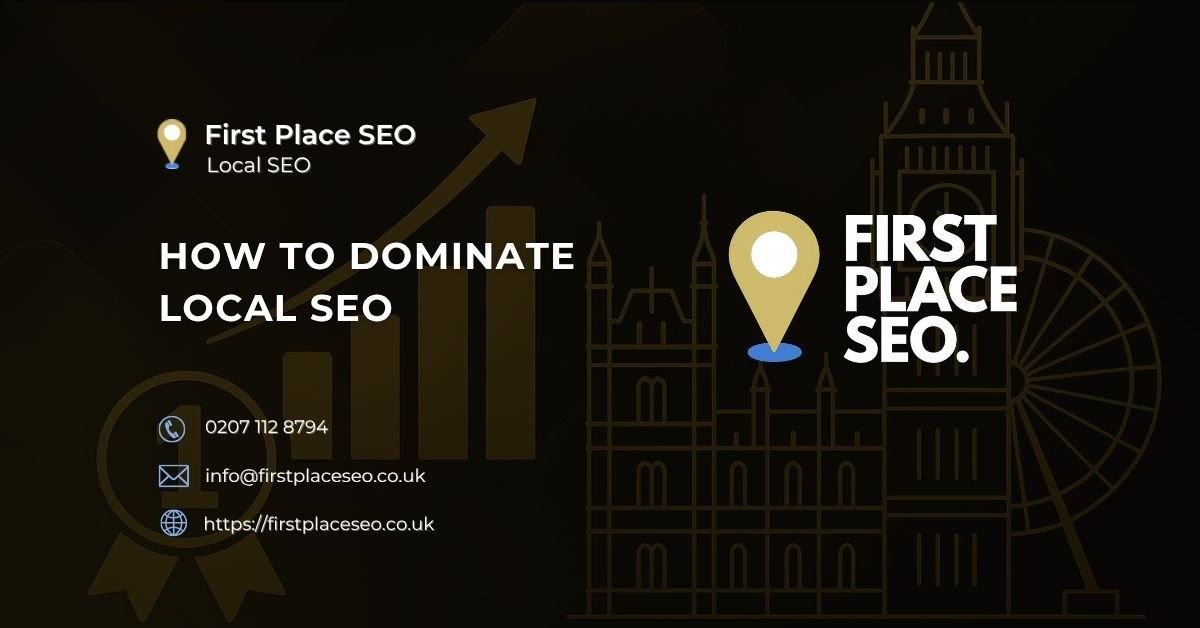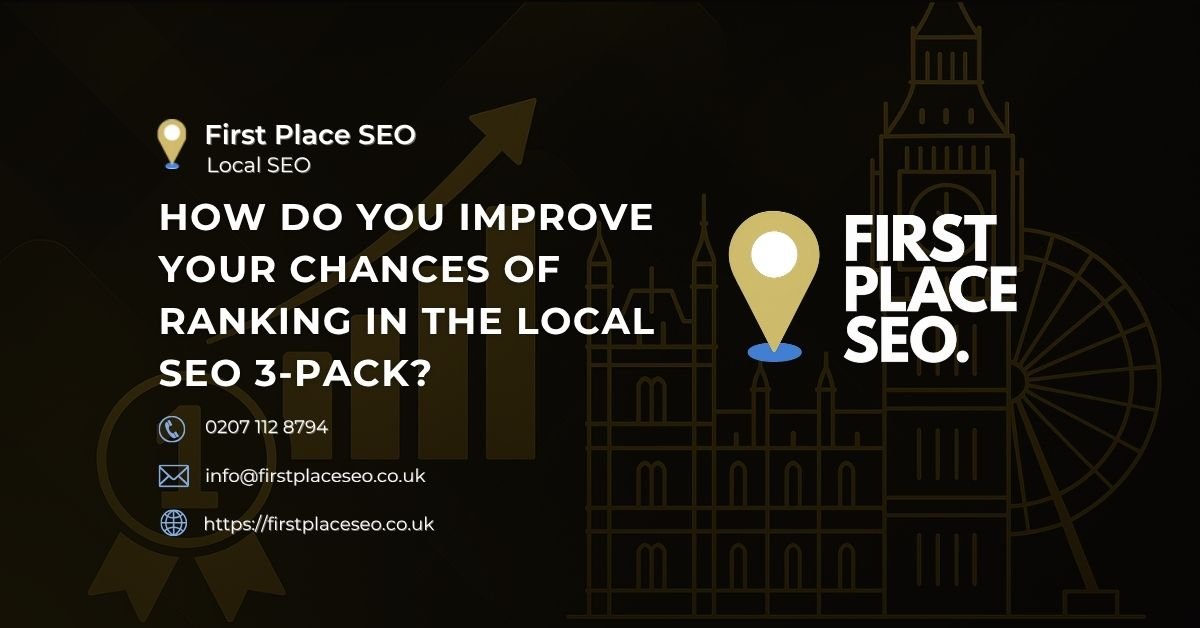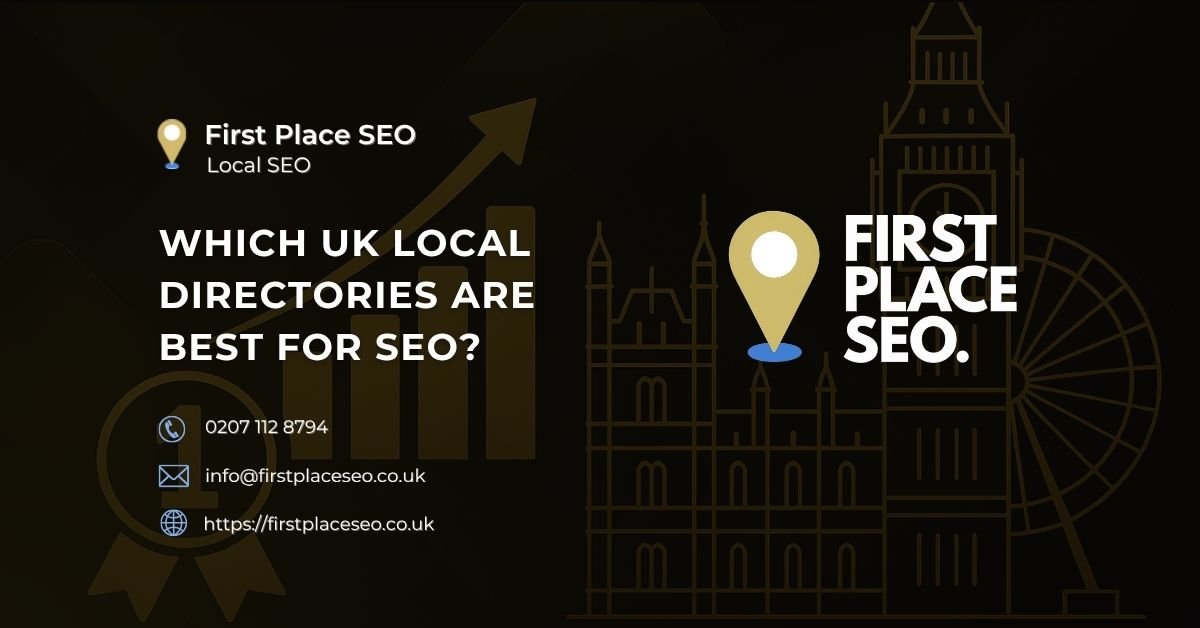Do Ad Blockers Affect SEO? Our Insights and Practical Strategies
I am someone who has spent years working in digital marketing and SEO. So it is safe to say I have seen how the rise of ad blockers has changed the game. Simply put ad blockers are tools that stop ads from appearing in browsers, making them popular among users who find ads intrusive. However, for those of us in marketing and advertising they have presented real challenges. When ads are blocked, the ability to reach potential customers through traditional methods is reduced, which in turn affects how effective the campaigns can be.
Understanding Ad Blockers and Their Growing Use
Ad blockers work by identifying and stopping ads from displaying on web pages. These tools can be installed as browser extensions, such as those available for Google Chrome and Firefox. They operate by scanning a page as it loads, comparing elements to a list of known ad sources, and blocking anything that matches. This gives users a cleaner, faster browsing experience but can significantly impact the effectiveness of digital advertising efforts.
The use of ad blockers is becoming more common, with roughly 42.7% of internet users globally opting to use these tools. In the United States. The adoption rate has been steadily increasing, with more people each year choosing to block ads to avoid what they see as excessive or irrelevant interruptions to their browsing.
The Impact of Ad Blockers on Advertising Campaigns
For those of us involved in PPC management and online advertising, ad blockers represent a significant hurdle. Research indicates that marketers could face substantial financial losses due to the widespread use of these tools. For instance, a report from Ovum estimated potential losses of up to $78 billion by 2020 due to ad blockers preventing ads from reaching audiences. Additionally, data from Statista shows that the financial impact of ad-blocking technology in the U.S. alone rose from $3.89 billion in 2016 to $12.12 billion in 2020.
This growing trend forces those in advertising to rethink their approach. Traditional PPC campaigns that rely on ad impressions are less effective when a significant portion of the audience never sees the ads. As a result, there is a need to explore new strategies and adapt to these changes.
How Ad Blockers Influence SEO Metrics
From an SEO perspective, the influence of ad blockers is a mix of challenges and opportunities. One of the key benefits is that pages without ads tend to load faster, which is a positive factor for search engine rankings. Faster loading times are favoured by search engines like Google, meaning that sites could see an improvement in their rankings simply because they are ad-free.
However, the downside is that ad blockers also interfere with the tracking of user behaviour. Key metrics such as click-through rates (CTR), conversion rates, and bounce rates become harder to measure accurately. Without this data, it becomes challenging to assess the success of SEO strategies and make informed decisions about how to improve them.
The Changing Role of PPC Management in the Age of Ad Blockers
Given the rise of ad blockers, those of us in PPC management must adjust our strategies. The inability to display ads means that traditional approaches are less effective, leading to a decline in ad revenue and the overall impact of campaigns. To stay relevant, it’s essential to explore other ways of reaching audiences.
One approach is to improve the quality and relevance of the ads themselves. Ad blockers often target ads that are perceived as annoying or irrelevant, so creating ads that are more engaging and useful to users can help reduce the likelihood of them being blocked. This might involve using more targeted, personalised content, or experimenting with formats like video blogs or sponsored content that offer value to the user.
Ad Blocker Solutions for SEO and Digital Marketing
There are several ways to adapt to the challenges posed by ad blockers, especially when it comes to SEO:
- Focus on User Experience (UX): By improving the overall experience for visitors to your site, you can reduce the chances that they will use ad blockers. This includes ensuring that your site loads quickly, is easy to navigate, and provides valuable content. When users have a good experience, they’re less likely to feel the need to block ads.
- Prioritise Organic SEO: As traditional PPC and display ads become less effective, the importance of organic traffic grows. By optimising your site to rank well in search engine results pages (SERPs), you can attract more visitors without relying on paid ads. This means paying close attention to your content, keywords, and technical SEO factors like site speed and mobile-friendliness.
- Comply with Ad Industry Standards: Ad blockers often allow certain ads to pass through if they meet industry standards for being non-intrusive. By following guidelines set by organisations like the Coalition for Better Ads, you can increase the chances that your ads will not be blocked. This involves creating ads that are relevant, useful, and respectful of the user’s experience.
- Explore Alternative Revenue Streams: As ad revenue becomes less reliable, consider diversifying how you monetise your content. Subscription models, paywalls, and partnerships with influencers are all potential ways to generate income without relying solely on traditional ads. These methods can provide a steadier revenue stream and help you maintain a strong online presence.
Looking Ahead: Adapting to a Changing Digital Landscape
The rise of ad blockers has undoubtedly changed the way we approach digital marketing and SEO. While these tools present challenges, they also offer an opportunity to refine our strategies and improve the way we engage with users. By focusing on providing value, improving user experience, and exploring new revenue models, we can continue to reach our audience effectively and maintain a strong online presence.
It’s clear that ad blockers are not going away, and those of us in the industry must be willing to adapt. By staying flexible and open to new approaches, we can navigate the challenges posed by ad blockers and continue to deliver results for our clients and businesses.



